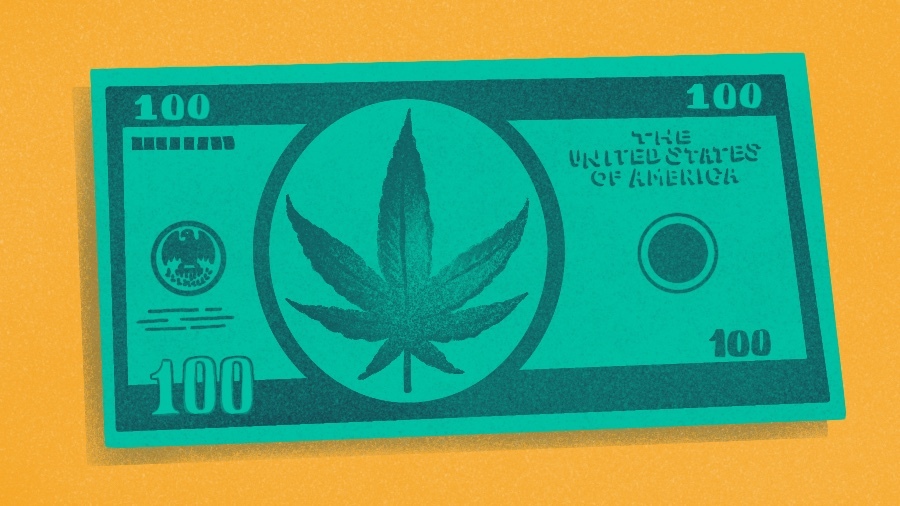Thanks to the recent midterm elections, it’s now legal to use marijuana in Maryland and Missouri for recreational purposes. With these two new additions, recreational marijuana use is now allowed in 21 U.S. states. While using it may have gotten a little easier, paying for it still remains a headache for both customers and sellers.
Cannabis industry dollars
Startups have been in the cannabis business for a while, with funding to the sector surpassing $1 billion for the first time in 2018.
This came as legalization ushered in a slew of companies that owned everything from testing bushels of flower, facilitating regulatory guidelines, performing critical logistics tasks, and marketing products. What was once a well-known underground industry has turned into a sophisticated billion-dollar market.
This is not new news.
But cannabis still functions very differently from other niches in the retail industry, and doesn’t operate with the same level of efficiency. The reason? Paying for cannabis is slow, cumbersome and wrought with legal issues.
A cash-only system
Last week, the enterprise resource planning platform Treez announced it acquired payments platform Swifter for an undisclosed amount.
“We’re tackling the challenges faced by dispensaries in normalizing the cannabis retail experience by bringing forward scalable fintech and payment solutions to optimize the customer experience and meet consumers where they are today,” said Treez CEO John Yang.
Across the country, states that have legalized cannabis for recreational purposes are still facing a critical problem: payments. Most dispensaries only take cash, an analog payment that causes headaches for both customers and sellers.
Cash is generally a problem for most sellers: It’s harder to integrate cash payments with point-of-sale systems, making it harder to track what was sold and how much of it was sold, and affecting the cannabis industry’s ability to understand inventory and what’s doing well in the market. It also makes dispensaries susceptible to theft.
But given that marijuana is still classed as a Schedule I drug (right up there with heroin) on a federal level, most banking institutions and credit card companies do not approve payments made toward cannabis products. This makes it hard to sell and distribute goods across the cannabis supply chain.
But help is on the way as some fintech platforms have entered the cannabis industry to combat this problem.
Bespoke Financial is a lending platform that supports cannabis businesses that often struggle to get loans from banks. The company raised $125 million in debt financing last year. Another, Greenbits, was acquired by Dutchie in 2021 for its easy point-of-sale solution for cannabis retailers.
While the addition of two states into the legalization fold may not seem overly significant for startups today, it does provide more geographical opportunities for future businesses that sell cannabis and support those that do.
Illustration: Dom Guzman

Stay up to date with recent funding rounds, acquisitions, and more with the Crunchbase Daily.



![Illustration of a guy watering plants with a blocked hose - Global [Dom Guzman]](https://news.crunchbase.com/wp-content/uploads/quarterly-global-3-300x168.jpg)
67.1K Followers